As the Paralympics start we ask four experts how to talk to kids about disabilities
Five top expert-led tips to try when talking to your children about disability
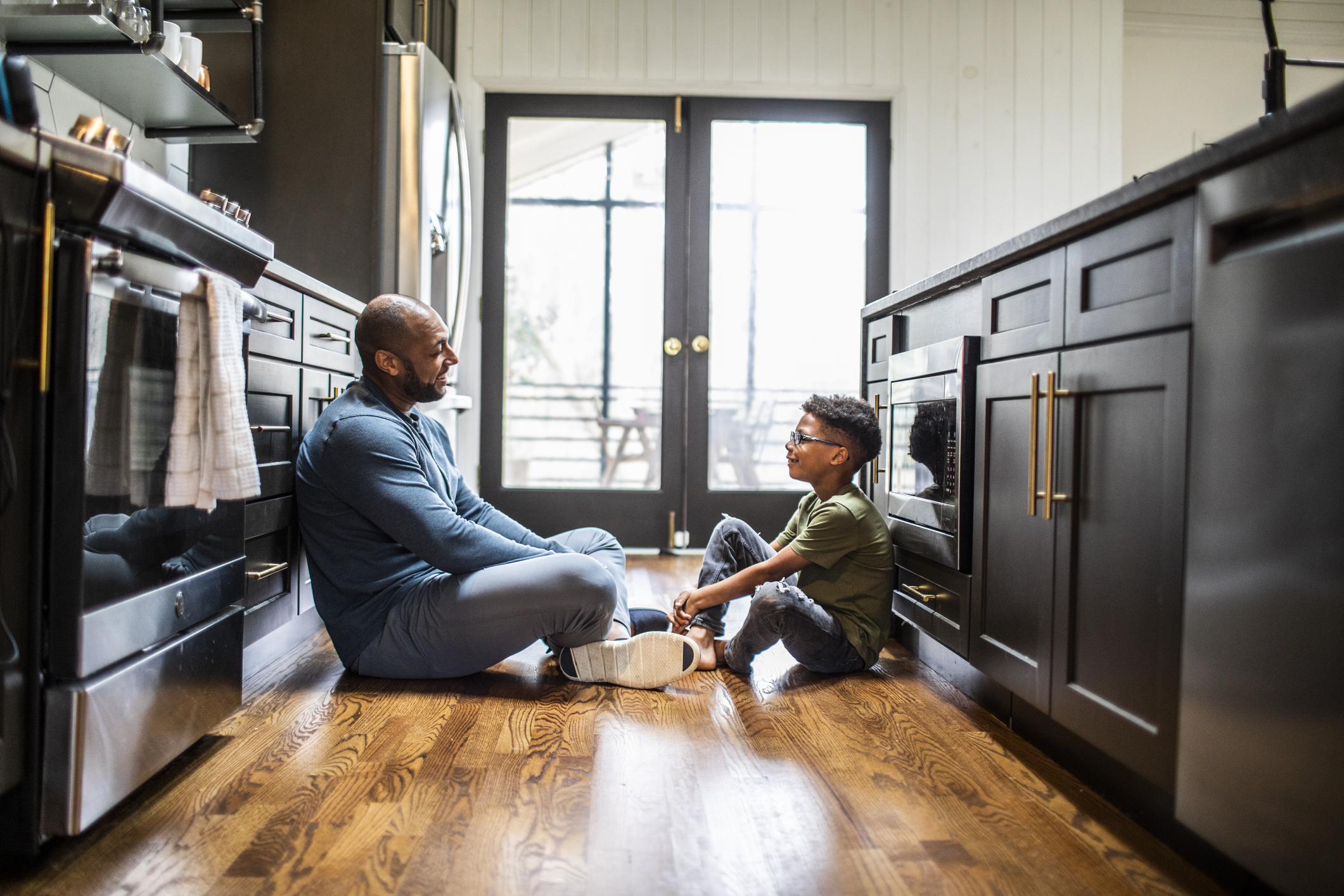
The Paralympics start August 28th until 8th September, and while many parents want to teach their kids how to be kind, inclusive and respectful to everyone, regardless of their abilities or disabilities, knowing when and how to approach the subject can be hard.
To learn more about how to talk to kids about disabilities, we spoke to a number of experts, including doctors, psychologists and occupational therapists.
What our writer learned
"I realised that I’m a parent who often only tries to speak about disability in an overly positive way, instead of trying to be neutral about it. I found our expert’s advice on discussing disability really useful, and will encourage my son to ask questions and be curious in the future."
“Don’t be afraid to talk about the topic of disability, equality, and diversity,” says occupational therapist Kate Sheehan. “Explain that we are all different, that some people are born with disabilities, and some acquire them during their lives, and that this can impact their lives in many ways. However, we can all aim to achieve what we want, whether disabled or not.” With the Paralympics on the TV and in the news, this time can be a great opportunity to introduce the terms ‘disability’ and ‘disabled’, if your child doesn’t yet know them, and another way to celebrate difference, diversity and inclusivity with older kids.
Part of parenting is constantly re-evaluating how you talk to your children. Talking to them openly and honestly about tricky subjects, such as disability, masturbation, pornography, and racism, allows them to ask questions but also helps us understand our own opinions and feelings on the subject, which is another opportunity for us to learn and grow, too.
How to talk to kids about disabilities
- Discuss disabilities in an age-appropriate way
- Normalise disability in your family
- Be aware of the language you use
- Use neutral responses (don't shame them for being curious)
- Do your research together
Parents often find it tough to talk to their kids about disability for a mix of reasons. Some don't know much about it or worry they'll say the wrong thing. Others think it's too heavy a topic for kids or hope they'll figure it out on their own. Some parents have their own hang-ups about disability or come from backgrounds where it's not discussed. They might fear that talking about differences will lead to more prejudice. But really, having open chats about disability can help kids understand and accept everyone better. It's just that getting those conversations started can feel tricky for many parents. That’s why watching big events, such as the Paralympics, can help to open up those conversations and topics.
Here are some more expert tips on explaining the terms 'disability' and 'disabled' by age group, along with advice on how to field questions from your kids.
1. Discuss disabilities in an age-appropriate way: An age-by-age guide
For children aged 2-5:
Parenting advice, hot topics, best buys and family finance tips delivered straight to your inbox.
When discussing disabilities with very young children, it's crucial to keep explanations simple and concrete. At this age, focus on introducing the concept of differences without attaching any value judgments. Psychologist and relationships adviser Barbara Santini suggests describing disability as "a difference in how someone's body or mind works, much like how some people wear glasses to see better."
Use clear, straightforward language and avoid overwhelming your child with complex information. The goal is to help your child understand that people can be different in various ways, including how their bodies or minds function.
Dr Amo Raju, CEO of Disability Direct and author of 'Walk Like A Man' has more.
"Focus on differences in a positive light, emphasising that people can differ in many ways, such as how they move, talk, or see," says Dr Amo. "Use simple language and positive examples like, “Some people use wheelchairs to help them get around,” or “Tommy wears glasses to help him see better.” Relate these concepts to their own experiences, such as explaining how glasses help them just like they help Tommy. It’s important to avoid negative connotations, reinforcing that being different is okay and that everyone has unique abilities."
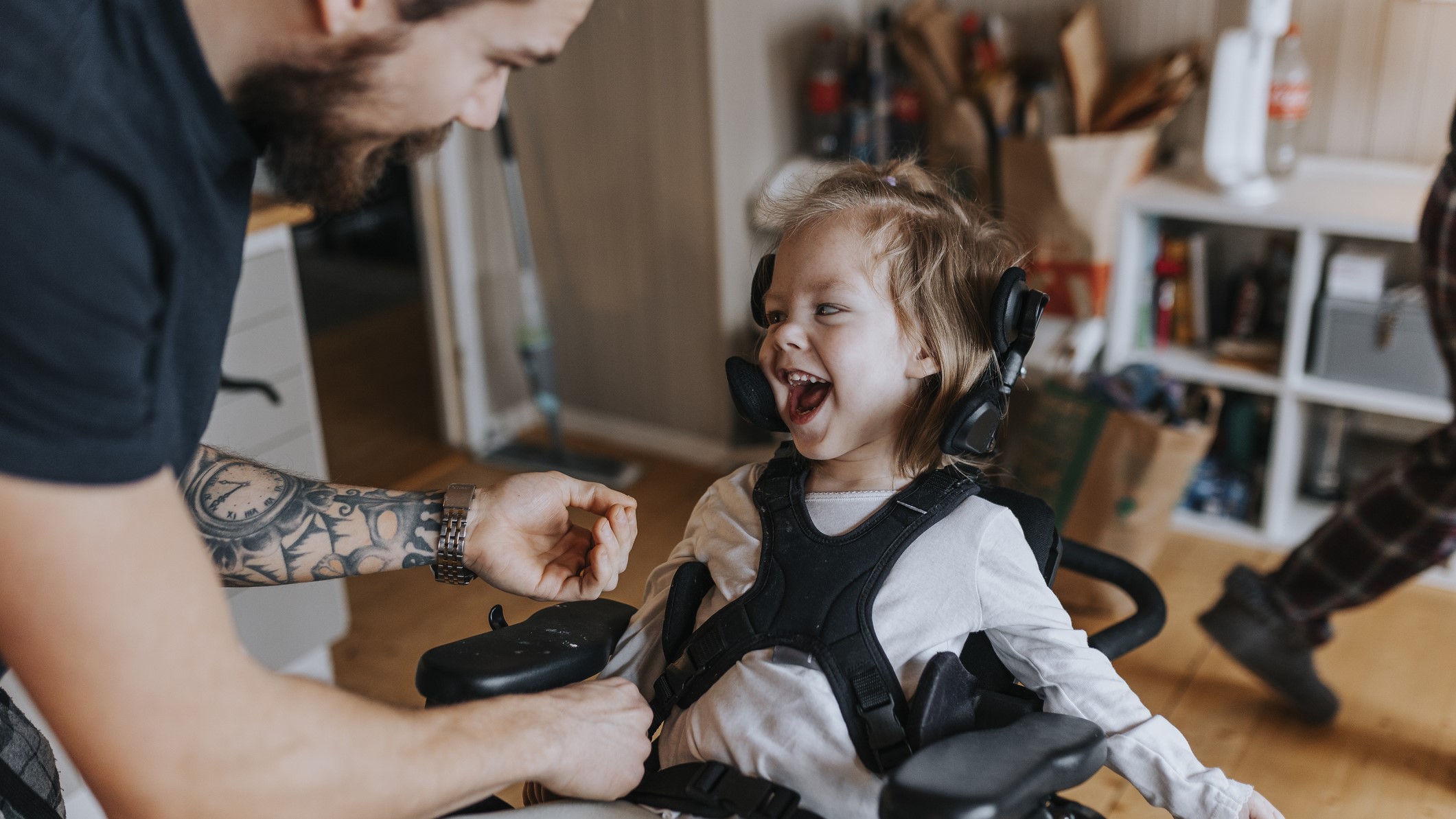
For children aged 6-10:
"Introduce the term 'disability' by explaining that it refers to a condition that makes certain things more difficult," says Dr Amo. "Use clear, simple language, avoiding medical jargon, and provide specific examples of different disabilities, such as blindness, deafness, or the need for a wheelchair. Discuss how assistive devices help people overcome challenges and be prepared to address any misconceptions children may have, such as the false idea that being disabled means someone is less intelligent or capable."
As children grow older, they can grasp more complex ideas about disabilities. Barbara advises introducing "the idea that some people need extra help or tools to do everyday things that others might take for granted,” while psychologist Laura Geige expands on this, suggesting you explain that "disabilities mean someone might need different tools or help to do certain things, but it doesn't stop them from living a full life. We all have strengths and challenges, and disabilities are just one kind of challenge."
Occupational therapist Kate Sheehan says that at this age, it's also important to encourage curiosity and empathy. You can even suggest to your kids to respectfully ask questions of people with disabilities, which "will often lead to really positive interactions and provide accurate information."
For children aged 11 and above:
With older kids and teens, you can have deeper talks about disabilities. "Expand on the concept of disability, explaining that it can be caused by various factors, including genetic conditions, injuries, or illnesses," says Dr Amo.
"Discuss how disabilities can impact different aspects of a person’s life, such as mobility, communication, or learning. Emphasise the importance of treating everyone with respect and understanding, regardless of their abilities, and encourage children to challenge stereotypes and advocate for the rights of individuals with disabilities. Also, address the emotional aspects of living with a disability."
Barbara suggests introducing ideas at this stage, such as:
- Accessibility: How we can make places and things easier for everyone to use
- Inclusion: Making sure everyone feels welcome and can take part
- The social model of disability: This is the idea that society's setup, not just a person's condition, can make things harder for people with disabilities
Laura recommends explaining that disabilities are just one way people can be different. While disabilities can make some things challenging, it's important to see the whole person and what they can do, not just what's difficult for them.
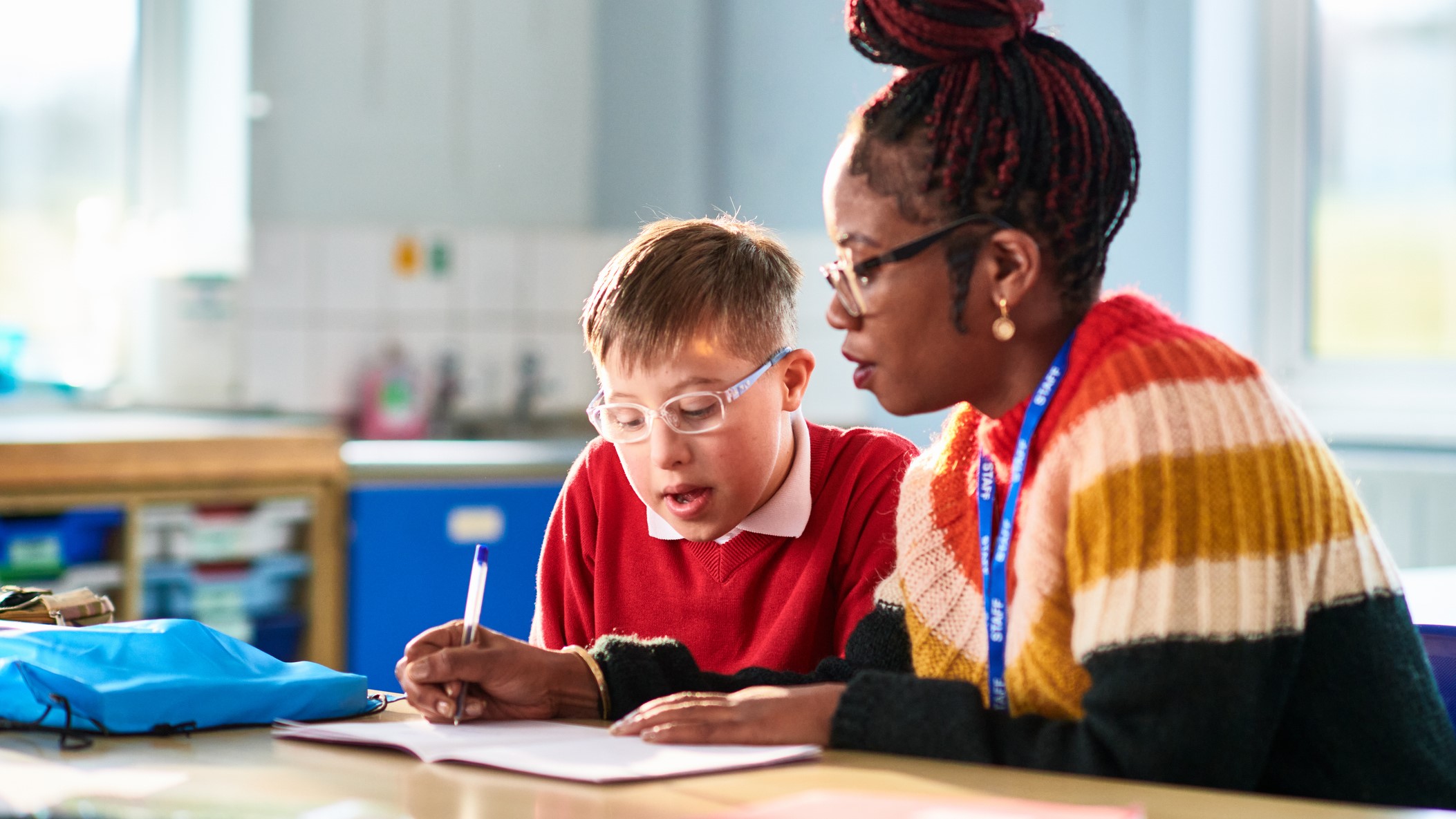
You can also talk about disabilities that aren't visible and how disabilities affect society. Encourage kids this age to think about how their school, neighbourhood, and community could be more welcoming and easier to use for everyone.
Throughout all age groups, Kate's advice remains crucial: "Always answer the questions your child asks with facts." This approach fosters open communication and helps children develop a realistic, respectful understanding of disabilities.
2. Normalise disability in your family
Rather than sitting your kids down and explaining everything in one big conversation, it’s important to bring up disability naturally as part of everyday life and conversations. Barbara suggests using books, TV shows and movies that feature characters with disabilities to “help kids see that disability is just one way in which people can be different.”
Laura agrees, saying, “Don't make the disability the main point." This teaches kids that disabilities are just a normal part of life and something that doesn’t define a person.
Both experts say it's good to compare disability to other ways in which people are different. Barbara says to tell kids that "just like some people have different hair colours or heights, some people's bodies or minds work differently. Everyone has things they're good at and things they find hard."
“Encourage children to view disability as a normal part of life by using simple analogies,” says Dr Amo. “For example, you might say, ‘Imagine you're trying to climb a mountain. Some people might find it easy, while others might need a little extra help. That's like having a disability—it means someone might need a bit of support to do things, but it doesn't mean they can't achieve amazing things! Just like everyone is different, everyone has different abilities too.’"
By normalising disability in this way, you can help your kids understand and accept everyone better. It's about showing them that the world is full of all sorts of people, and that's a good thing. This way of thinking helps all kids, not just those with disabilities, and gets them ready for a world where everyone is different in their own way.
3. Be aware of the language you use
“If your child says something inappropriate about disability, it’s important to stay calm and avoid overreacting, as a strong emotional response can escalate the situation,” says Dr Amo. “Listen attentively, allowing your child to express their thoughts and feelings without interruption. This shows you value their opinions and are willing to listen.”
“If you’re unsure what your child meant, ask open-ended questions to better understand their perspective. Gently correct any misinformation or harmful statements using a calm and informative tone, so they don’t feel defensive. Explain the impact of their words, helping them understand that hurtful language can make people feel sad, angry, or excluded.”
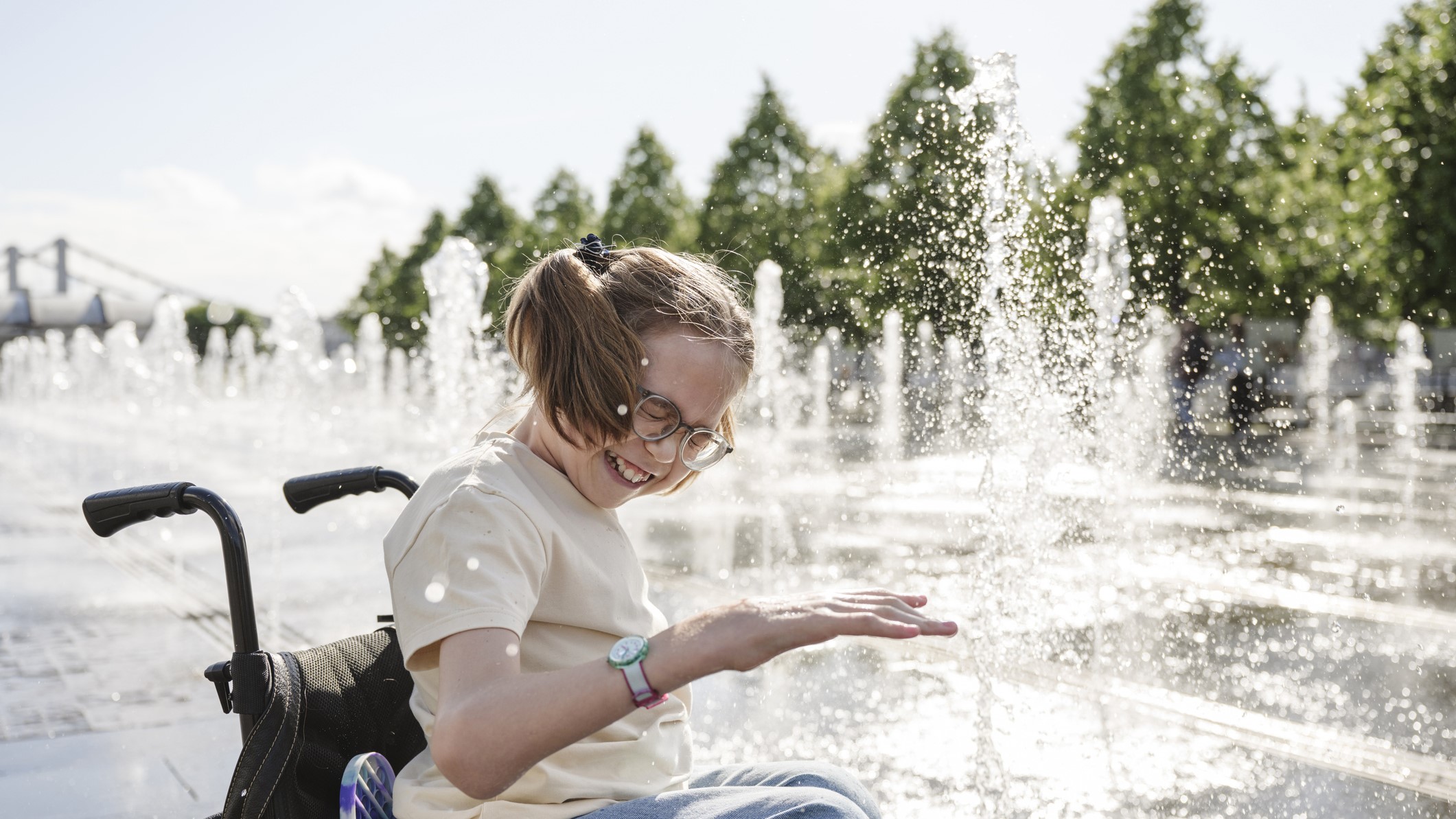
Dr Amo also suggests using positive examples and stories of people with disabilities who have achieved great things to help your child see disability in a more positive light. He also has some tips on encouraging empathy. “Ask them to imagine how they would feel if someone said something hurtful to them. Remember, your child is more likely to adopt positive attitudes and behaviours if they see you doing the same. Be mindful of your own language and actions around disability, and use teachable moments to educate your child about the importance of inclusion.”
Disability Wales has some great advice on terms to use and terms to avoid.
4. Use neutral responses (don't shame them for being curious)
When kids ask about or react to disabilities, it's important to stay calm and not make them feel bad for being curious. The experts we spoke to say this is a great opportunity to teach them more about being respectful of others.
Barbara suggests that if a child says something not nice about a disability, don't scold them. Instead, explain why their words might hurt someone's feelings and teach them a better way to talk. She says it's good for kids to ask questions, but we should help them do it in a kind way. “It's important to encourage curiosity and questions but guide them towards understanding and empathy.”
Kate agrees, saying if kids point or stare at someone with a disability, gently explain what they're seeing. “Explain why a person may be in a wheelchair or using a stick. Encourage your child to ask the person questions; this will often lead to really positive interactions and provide accurate information. Explain that disabilities do not necessarily have to be physical and that some people can have hidden disabilities.”
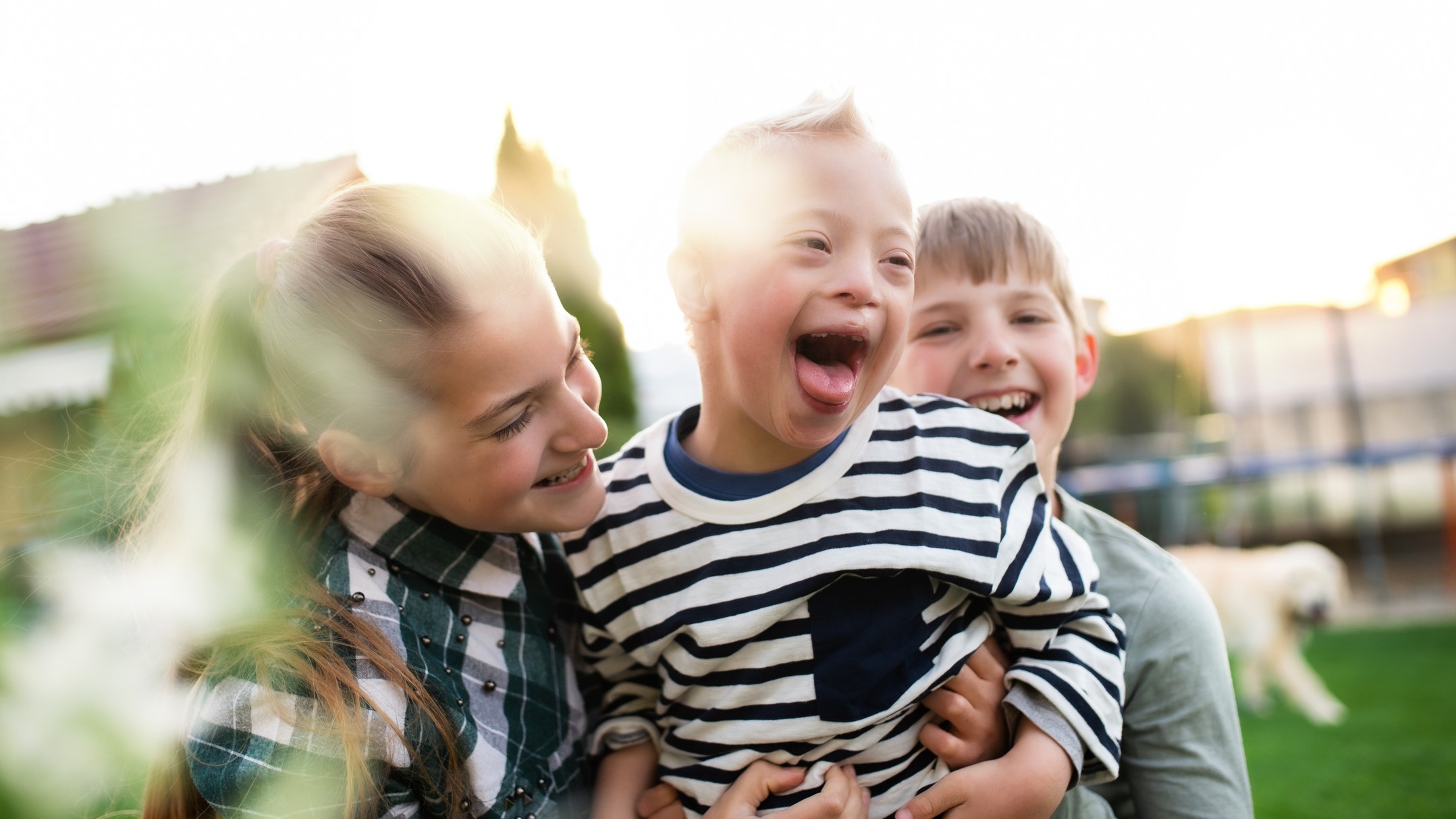
All the experts say it's important to talk about disability in a balanced way. Laura advises parents not to make disabilities sound like they're awful or amazing. She suggests saying something like, "Disabilities are just one part of who someone is. It's not something to feel sorry for or think is super special—it's just part of their life."
This helps kids see disability as just another way people can be different, not something to judge or make a big deal about.
5. Do your research together
“There is lots of information about disabilities online,” says Kate. “A great resource is the BBC Bitesize website. Other options are joining a PHAB youth club, which promotes inclusion for people with disabilities and non-disabled people. If your child is a member of the Scout or Guide movement, ask the leaders if the children can do the ‘Disability awareness badge’. There are also some great books that you can buy or borrow from the library, including The Same but Different or Just Ask! Be Different, Be Brave, Be You.”
Need more advice and information on tackling big subjects? “You don’t need to have all the answers” - psychologist reveals how to talk to kids about tragic news stories, when and how to talk to your child about sex and how to talk to your kids about their achievements has lots of expert tips.
Featured experts
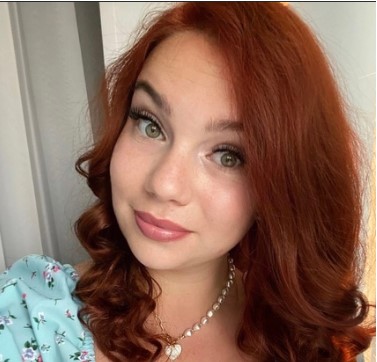
Barbara is a psychologist and relationships adviser at Peaches and Screams. She has written for several publications, including Cosmopolitan, Woman and Home and the Daily Mail. Barbara enjoys trawling through vintage markets in Brick Lane in her spare time, exploring new places, painting and reading.
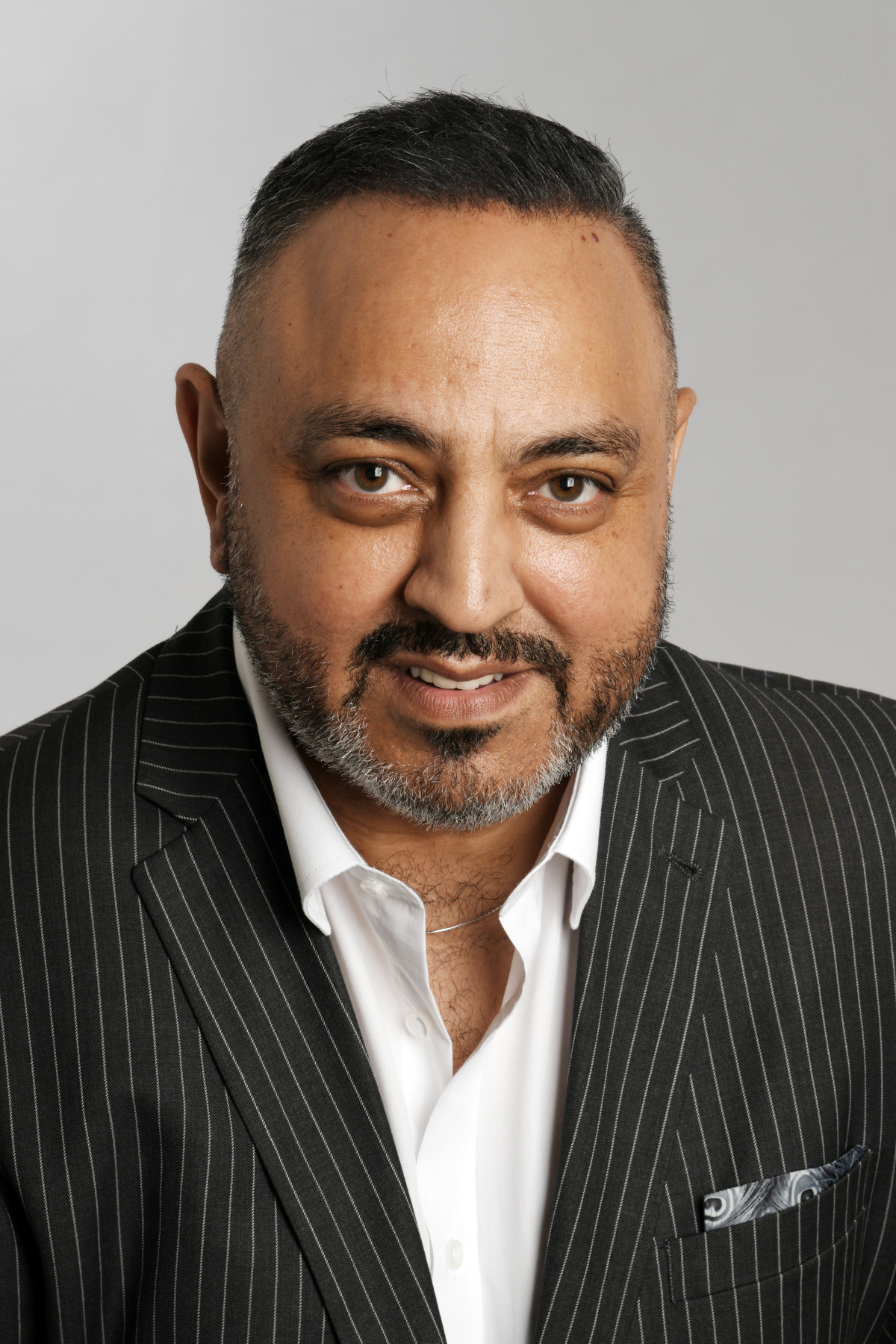
Dr Amo Raju OBE DL is a highly respected leader in the disability advocacy sector, known for his transformative work as the award-winning CEO of Disability Direct. An accomplished author, his book *Walk Like A Man: From Limited to Limitless* has inspired readers worldwide. Dr. Raju is also a TEDx Speaker and has received numerous prestigious accolades, including the National Diversity Awards' 'Lifetime Achiever' award and the Scope Disability Equality Awards' 'Positive Role Model' award. Named in the Disability Power 100, Dr. Raju remains a prominent figure in championing disability rights and equality, consistently driving change and inspiring others.
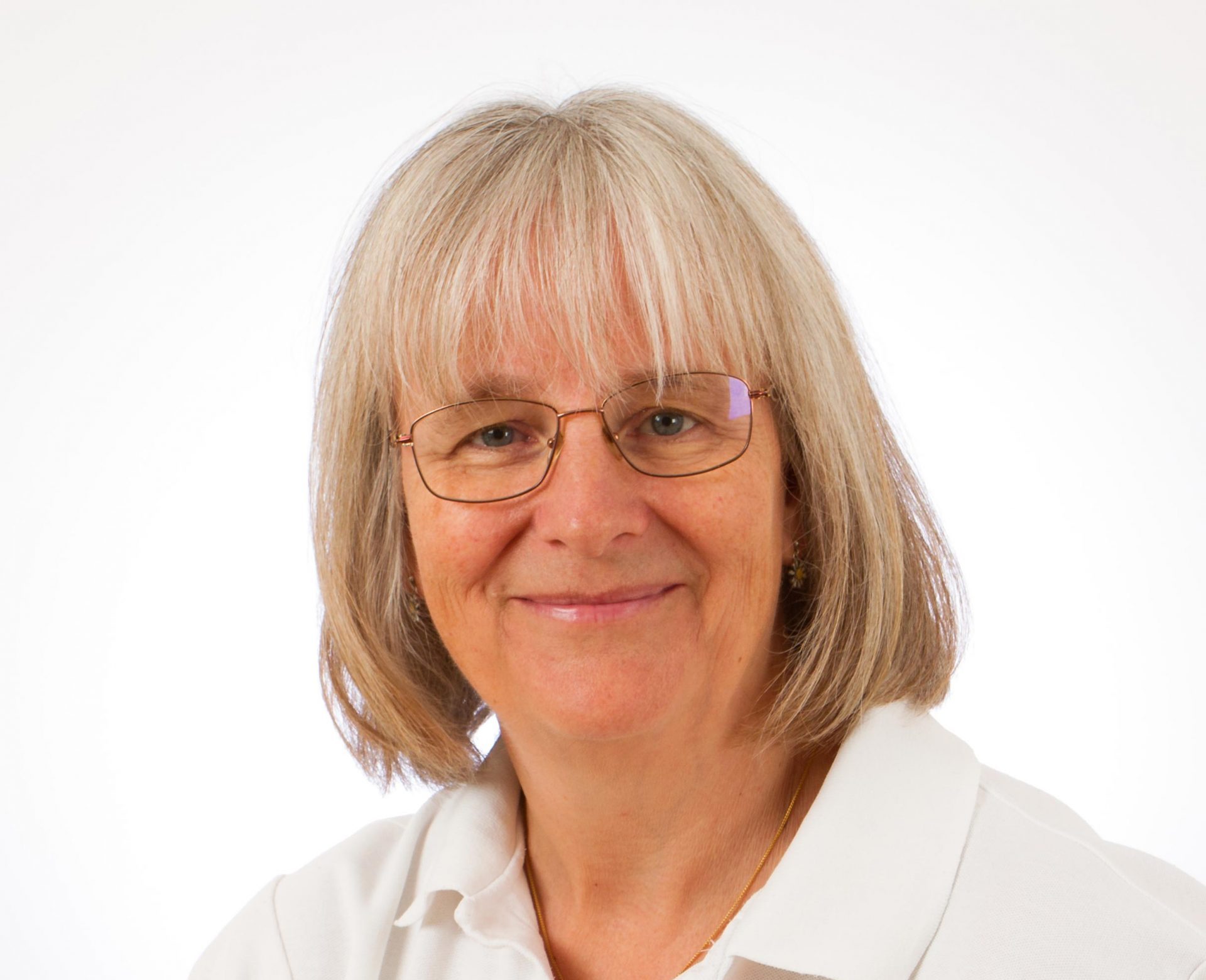
Kate is a director of The OT Service, providing invaluable consultancy services for businesses, passionately enabling disabled or less mobile people to live as independently as possible. Kate is a published author, co-writing the Wheelchair Housing Design Guide and was awarded the Elma Shearer award for excellence in housing practice. Kate works alongside Stannah to share her years of wisdom and empower both those with limited mobility and their loved ones giving dedicated care.

Dr Laura Geige is a distinguished medical practitioner, a clinical trainer affiliated with the Harley Academy, and an expert advisor to a consortium of companies in the health and wellness sector.
Joanne Lewsley is mum to a tween, and freelance copywriter and editor who creates parenting, health and lifestyle content for evidence-based websites, including BabyCentre, Live Science, Medical News Today and more.
